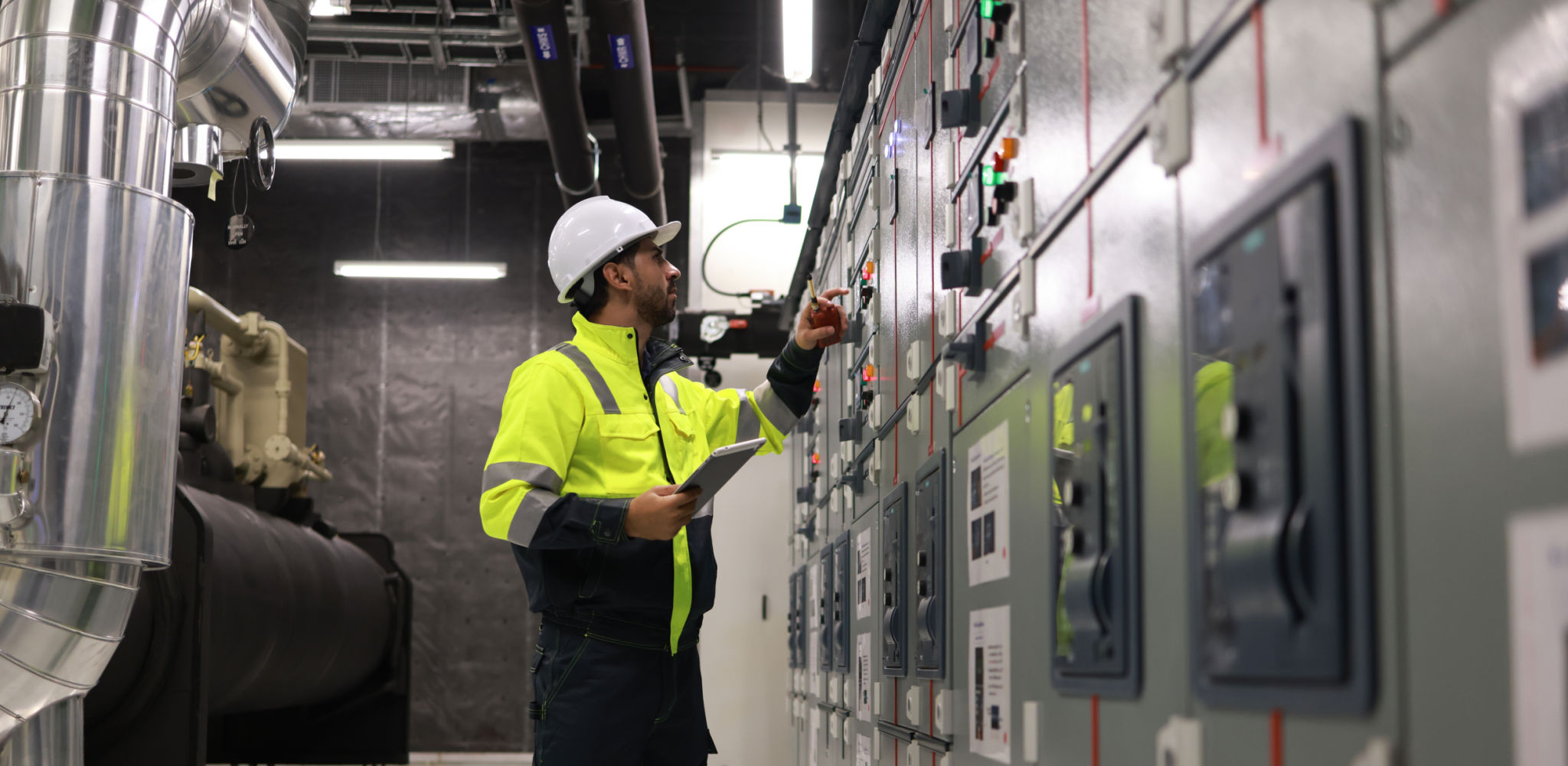Myth-Busting: Common Misconceptions About Industrial Process Control
Understanding Industrial Process Control
Industrial process control is a complex field that plays a critical role in manufacturing and production. Despite its importance, there are numerous misconceptions that can lead to misunderstandings about how it works. By debunking these myths, we can gain a clearer understanding of what industrial process control truly entails.

Myth 1: Industrial Process Control is Only About Automation
One common misconception is that industrial process control is solely about automation. While automation is a significant component, process control encompasses much more. It involves the use of various technologies and methodologies to ensure processes operate efficiently, safely, and effectively.
Process control includes monitoring, adjusting, and optimizing processes to achieve desired outputs. Automation assists in these tasks but is not the sole focus. Skilled professionals are essential to interpret data and make informed decisions to improve productivity.
Myth 2: Process Control Systems are Infallible
Another prevalent myth is the belief that process control systems are infallible. In reality, these systems, like any technology, are subject to errors and require regular maintenance and updates. A robust process control strategy includes contingency plans and regular system checks to mitigate potential failures.

Human oversight is crucial in maintaining system reliability. Operators must be trained to recognize anomalies and intervene when necessary, ensuring that the systems function as intended.
Myth 3: Process Control is Cost-Prohibitive
Many businesses hesitate to invest in industrial process control, fearing it is cost-prohibitive. However, the opposite is often true. Implementing effective process control can lead to significant cost savings by reducing waste, improving quality, and enhancing efficiency.
The initial investment may seem substantial, but the long-term benefits often outweigh the costs. Companies can see a return on investment through improved production rates and reduced downtime.

Myth 4: All Process Control Systems Are the Same
It's a mistake to assume that all process control systems are identical. In reality, they vary greatly depending on industry requirements and specific applications. Customized solutions are often necessary to address unique operational challenges.
Understanding the specific needs of a process is essential for selecting the right system. Tailored solutions can provide better results than a one-size-fits-all approach, making it important for businesses to thoroughly evaluate their options.
The Importance of Debunking Myths
By dispelling these myths, we can better appreciate the complexities and benefits of industrial process control. Recognizing its role beyond automation, acknowledging system limitations, considering cost-effectiveness, and understanding the need for tailored solutions are crucial for leveraging its full potential.
The more informed businesses are about process control, the more effectively they can utilize it to enhance their operations and remain competitive in their respective industries.